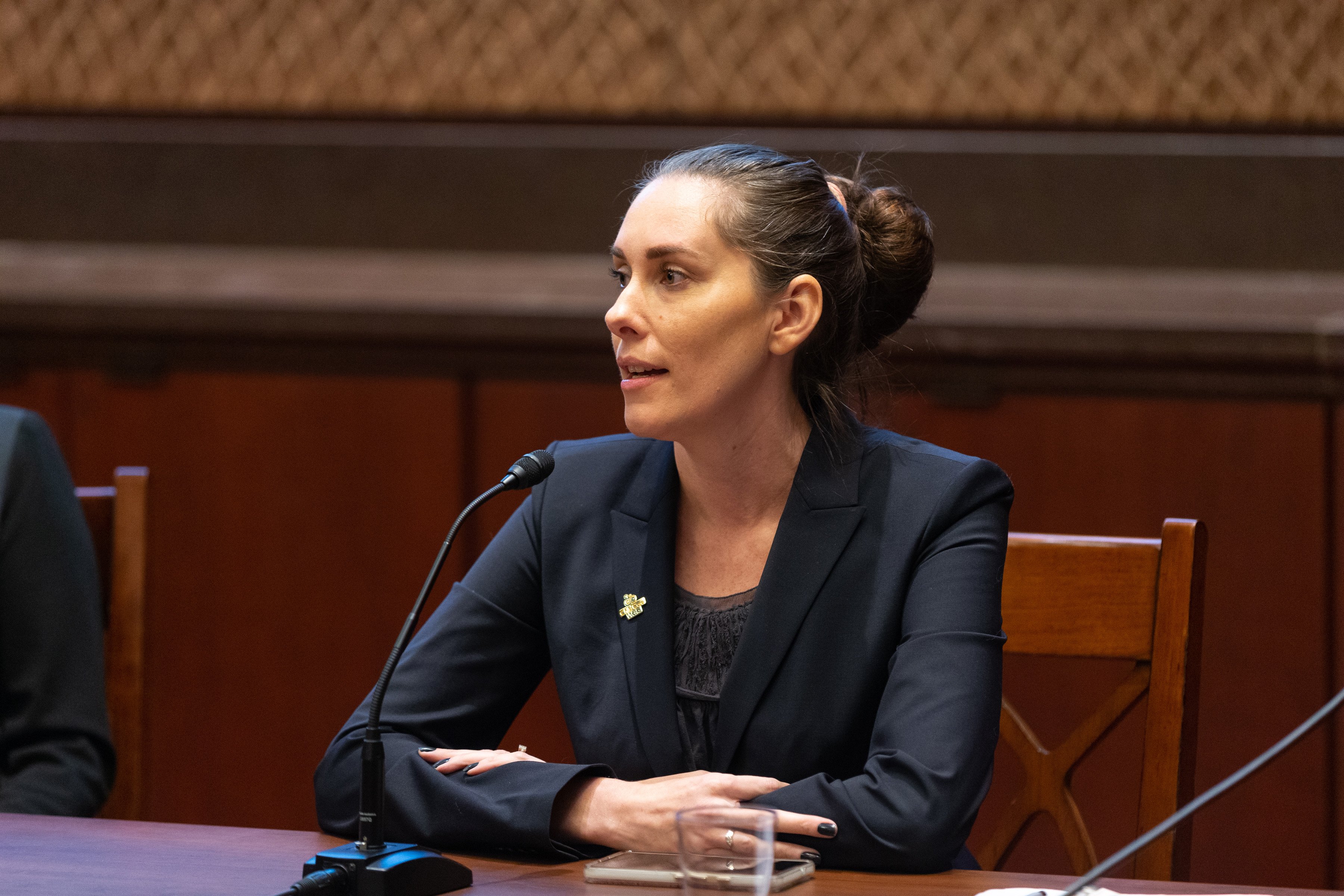Arlington, VA – Overall, boys of color (primarily African Americans, Hispanics, and American Indians/Alaska Natives) face structural obstacles that stack the odds against their success in school and in life. They are more likely to grow up in low-income households, and less likely to attend high-quality schools, starting in very early childhood.
Child Care Aware® of America, in partnership with the Robert Wood Johnson Foundation and The Moriah Group, recently published a report, Unequal Access: Barriers to Early Childhood Education for Boys of Color on this topic, which explores the research about why boys of color are disproportionately shut out of meaningful educational opportunities.
Forty-two percent of African American children under the age of 6 live in poverty. Hispanic and American Indian children are not far behind (34 percent and 39 percent respectively). These figures are more than double the national average for white children under the age of 6.
By age 4, low-income children have heard 30 million fewer words than their more affluent peers. And by fourth grade, the reading proficiency of African American and Hispanic boys falls significantly below that of white boys.
The ‘Boys of Color’ report highlights some of the reasons for the disproportionate access to educational opportunities, which include:
- Financial. High-quality early childhood education is one of the most significant expenses in the family budget, and the challenge is greatest for low-income families of color.
- Structural. The supply of free or subsidized child care and Head Start programs does not begin to meet the demand.
- Societal. All of us have and are subject to implicit bias; particularly for boys of color, the negative effects of this bias includes growing up in a society that consistently sends them negative, biased messages about their behavior, identity, and future. That can become a self-fulfilling prophecy.
However, when low-income boys of color are able to participate in quality early educational settings, the benefits can be significant to the boys themselves, to society, and to the U.S. economy. Some of the potential long-term benefits include higher test scores, increased high school graduation rates, a greater likelihood of gainful employment, and a decreased likelihood of being incarcerated or using illegal drugs.
“Child Care Aware® of America is committed to increasing understanding among decision- makers of the need for child care programs that produce equitable outcomes, particularly for the most vulnerable children, and develop innovative solutions that facilitate these outcomes consistently and sustainably,” said Lynette M. Fraga, Ph.D., Executive Director of Child Care Aware® of America. “This report furthers the importance of our mission—ensuring that all families have access to quality, early learning opportunities.”
A copy of the full report, Unequal Access: Barriers to Early Childhood Education for Boys of Color, is available at usa.childcareaware.org/boysofcolor. To schedule an interview with the principal researcher of this study, Dr. Dionne Dobbins, contact Nancy Cook at nancy.cook@usa.childcareaware.org, or (703) 341-4130.
About Child Care Aware® of America
Child Care Aware® of America is our nation’s leading voice for child care. CCAoA works with state and local Child Care Resource and Referral agencies (CCR&Rs) and other community partners to ensure that all families have access to quality, affordable child care. CCAoA leads projects that increase the quality and availability of child care, offer comprehensive training to child care professionals, undertake research, and advocate for child care policies that improve the lives of children and families. To learn more, visit usa.childcareaware.org. Follow them on Twitter @USAChildCare and on Facebook at facebook.com/usachildcare.






